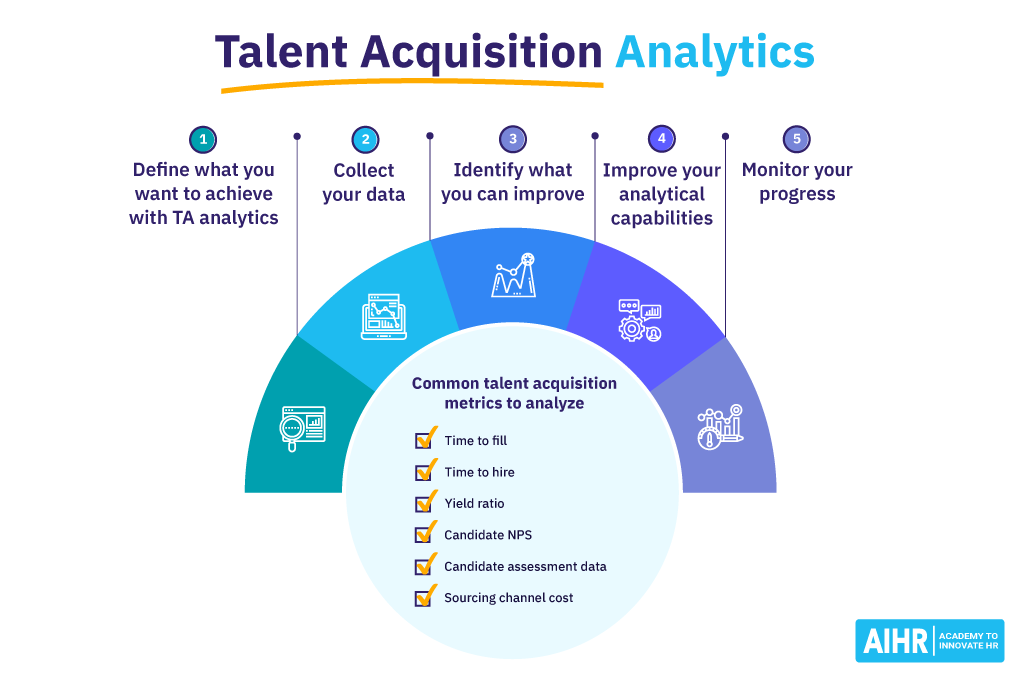
Introduction
In today’s competitive job market, finding and retaining the right talent is more critical than ever. Among the various recruitment tools, employment background checks have emerged as a cornerstone in modern talent acquisition strategies. These checks are not just about verifying credentials; they are crucial in ensuring a safe, trustworthy, and efficient workplace. This article will explore the importance of employment background checks, the available types, and how to conduct them effectively while adhering to legal and ethical guidelines.
Importance of Background Checks
The role of employment background check in hiring cannot be overstated. These checks provide employers with a deeper understanding of a candidate’s past, helping to ensure they are making informed hiring decisions. Background checks can reveal crucial information about a candidate’s criminal history, employment history, educational qualifications, etc.
Implementing background checks helps mitigate the risk of hiring individuals who may threaten the organization or its employees. It also helps maintain a positive workplace culture by ensuring that new hires align with the company’s values and standards. Moreover, background checks can enhance the overall quality of the workforce as they serve as a filter to weed out candidates who may not meet the necessary criteria for the job. This process protects the company’s assets and promotes a healthy work environment where employees feel safe and supported.
Types of Employment Background Checks
Employment background checks come in various forms, each designed to offer unique insights into a candidate’s background. Understanding these different types can help recruiters tailor their screening process according to the specific needs of the job role:
- Criminal Records Check This checks to ensure that the candidate has no history of criminal activity that could pose a risk to the workplace. Criminal records checks are essential for positions of trust, such as those in finance, healthcare, and education.
- Employment Verification: This check confirms previous job roles, responsibilities, and tenure to ensure the candidate has the claimed experience. It helps verify whether the candidate has the necessary experience and skills for the job, reducing the risk of hiring underqualified individuals.
- Education Verification: Validates academic qualifications, which is particularly important for roles requiring specialized knowledge. Ensuring that a candidate’s academic credentials are legitimate helps prevent credential fraud and ensures that only qualified individuals are hired for specialized roles.
- Credit Checks are often used for positions involving financial responsibilities to assess the financial reliability of the candidate. They can help identify potential financial risks and ensure that candidates with a stable financial history are selected for roles that require handling financial assets.
- Reference Checks: Provides feedback from previous employers or colleagues about the candidate’s work ethic and performance. Speaking with references can provide a more holistic view of the candidate’s capabilities and how they might fit within the company culture.
Employers can combine these checks to gain a comprehensive understanding of a candidate’s background, thereby making more informed hiring decisions. These checks protect the company and contribute to building a more robust and capable workforce.
How to Effectively Conduct Background Checks
Conducting background checks effectively requires a structured approach. Here are some critical steps to ensure a thorough and efficient process:
- Identify Relevant Checks: Based on the job role and industry standards, determine which background checks are necessary. Understanding the position’s requirements can help streamline the process and focus on the most relevant checks.
- Use Reliable Services: Partner with reputable background check providers to ensure the accuracy and comprehensiveness of the information. Reliable providers use up-to-date databases and stringent verification processes to deliver accurate results.
- Comply with Regulations: Adhere to all federal, state, and local background check laws. This includes obtaining candidate consent and providing them with a report copy. Compliance with regulations ensures that the background checks are conducted legally and ethically, protecting both the employer and the candidate.
- Communicate Transparently: Keep candidates informed throughout the process, explaining the purpose of the checks and how the information will be used. Transparent communication helps build trust and ensures candidates are comfortable with the process.
- Leverage Technology: Use AI and other advanced tools to streamline the process, ensuring quick and reliable results. Technology can help automate many aspects of the background check process, reducing the time required and minimizing human error.
Employing these best practices can help organizations conduct background checks efficiently, thereby reducing the time-to-hire and enhancing the overall quality of their hires. A well-executed background check process can also improve candidate experience, demonstrating the company’s commitment to due diligence and fairness.
Conclusion
In conclusion, employment background checks are vital to modern talent acquisition strategies. They provide invaluable insights that help employers make informed hiring decisions, ensuring a safe and productive work environment. Organizations can enhance their hiring process and build a more robust workforce by understanding the different types of background checks, conducting them effectively, and adhering to legal and ethical guidelines. Implementing thorough background checks ultimately leads to better hiring outcomes, reinforcing the foundation of trust and integrity within the workplace. These practices protect the organization and contribute to a positive workplace culture where employees feel safe, supported, and valued.
Hey, Molar is the voice behind this all-encompassing blog, sharing expert insights and practical advice on business, real estate, and more. Dedicated to helping you navigate the complexities of these fields, Kelly provides the latest trends, in-depth analyses, and creative strategies to elevate your ventures.